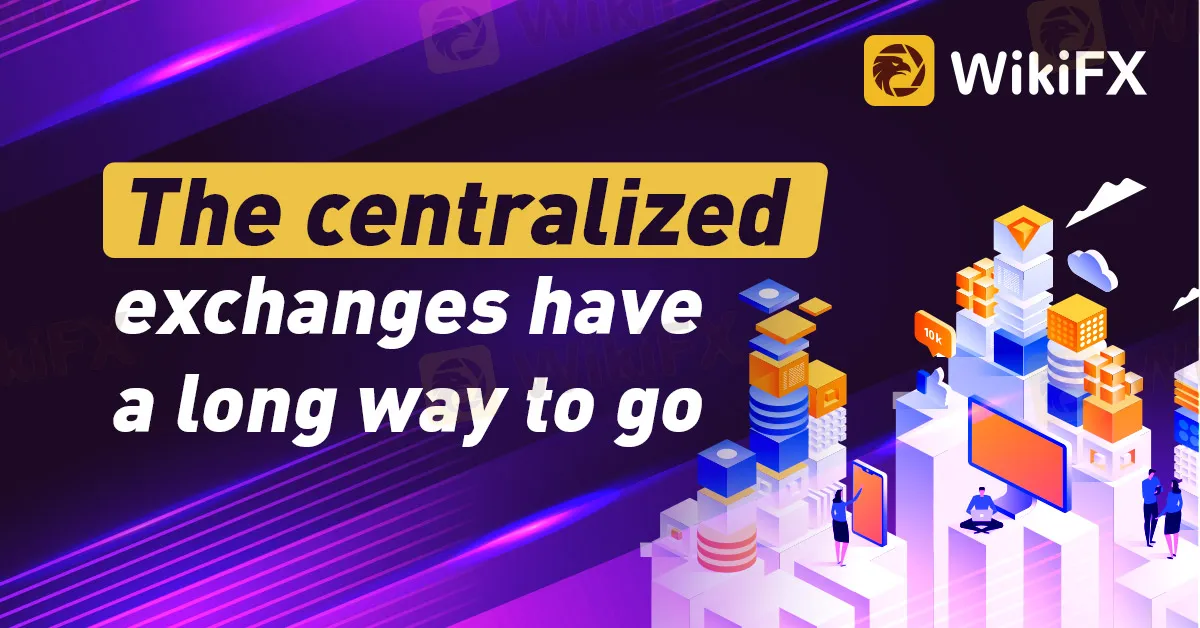简体中文
繁體中文
English
Pусский
日本語
ภาษาไทย
Tiếng Việt
Bahasa Indonesia
Español
हिन्दी
Filippiiniläinen
Français
Deutsch
Português
Türkçe
한국어
العربية
The centralized exchanges have a long way to go.
Abstract: Is Binance being used by fraudsters when it froze client funds without even giving notice?

Details
Recently, one exposure case about Binance caught our eye. According to some Chinese investors, Binance in Turkey froze their assets without doing a further investigation because “the police” asked Binance to do so. “The police” accused the investors of violating the laws and asking the investors to give the money to a “third party who is the real owner of the money.” Investors think the money belongs to them, not some third party. It is also suspected that these so-called policemen are fraudsters in disguise.


Is the police real?
We're not sure if the cops are real. Or maybe they are fraudsters who pretend to be police. and they ask the investor to give up the money. Even worse, Binance absolutely stands with the “police.” The weird thing is that the police ask the investor to settle things behind closed doors rather than through a formal and legal body such as the courts.
There were a number of customers unhappy with Binance's role as an accomplice, as well as investors unhappy about the shortcomings of the centralized exchange. “Centralized exchange has a long way to go”. That resonates with many investors.
What is a Centralized Exchange?
A centralized exchange is a business model similar to traditional asset exchanges like stock exchanges that coordinates cryptocurrency trading on a large scale. All transactions are monitored by a third party to ensure that they are secure. To ensure that transactions are safe, traders deposit their funds into an intermediary account for a specified period of time.
To trade with a centralized exchange, you have to submit your personal information for verification before transacting. Centralized exchanges are easy to use, but they have very complex compliance principles that some users may not like. Some users find it difficult to share their personal details when transacting.
What is a Decentralized exchange?
A decentralized exchange allows crypto traders to buy and sell digital assets like cryptocurrencies without intermediaries, which means traders do not have to deposit their funds into a third-party account when transacting.
Note that decentralized exchanges are usually based on blockchain technology and allow peer-to-peer trading, which does not require users to seek permission to buy or sell digital assets. This also means traders can use escrow systems or proxy tokens.
Conclusion
It is rare for Binance, the representative of centralization exchange, to freeze client funds on a large scale. Many investors have reacted directly to Binance. Binance agents replied that they were treating the matter as a matter of urgency. But so far there has been no tangible progress. The problem is whether the so-called “police” are true or not. If so, why not contact investors through formal and legal channels rather than blackmail investors on private chat platforms? If the cops were fraudsters in disguise, why did Binance follow the fraudsters' instructions to freezing investors' money without further investigation? We will continue to monitor developments, but perhaps as some investors say, “Centralized exchange has a long way to go.”

Disclaimer:
The views in this article only represent the author's personal views, and do not constitute investment advice on this platform. This platform does not guarantee the accuracy, completeness and timeliness of the information in the article, and will not be liable for any loss caused by the use of or reliance on the information in the article.
Read more

Tokenized Stocks: Innovation or Just Another Wrapper?
While tokenized stocks promise global, round-the-clock trading, many platforms only offer synthetic exposure similar to CFDs. Without shareholder rights or deep liquidity, their added value remains in question.

Webull Resumes Crypto Trading, Eyes Global Expansion Starting with Brazil
Webull re-enters the crypto market, launching services in Brazil with a Coinbase partnership. Plans for US rollout signal broader industry trends and renewed digital asset access for users.

Nobitex Hack Exposes $100 Million Loss, Users Fully Compensated
Iran’s Nobitex lost nearly $100 million in a cyberattack using vanity addresses. Funds were burned, not stolen for profit. The platform says user losses will be fully covered.

Crypto Never Sleeps with Hantec Markets' 24/7 Trading
Hantec Markets has introduced round-the-clock cryptocurrency contracts for difference (CFD) trading, providing its clients with uninterrupted access to digital asset markets.
WikiFX Broker
Latest News
Forex Hedging: Is It a Trader’s Safety Net or Just an Illusion?
OPEC+ members agree larger-than-expected oil production hike in August
FCA clarifies expectations on bullying, harassment and violence to deepen trust in financial service
Asia-Pacific markets mixed after Trump shifts goalposts on tariffs again
XS.com Expands Global Reach with Landmark Kuwait Launch
European markets set to open mixed amid fresh U.S. tariff threats
Top Wall Street analysts are pounding the table on these 3 stocks
Stock futures fall after Trump team says tariffs will go into effect on Aug. 1: Live updates
10 Unlicensed Brokers Exposed – Check Now to Stay Safe!
S&P 500 futures fall slightly as Trump threatens new tariffs, Tesla shares drop: Live updates
Currency Calculator


